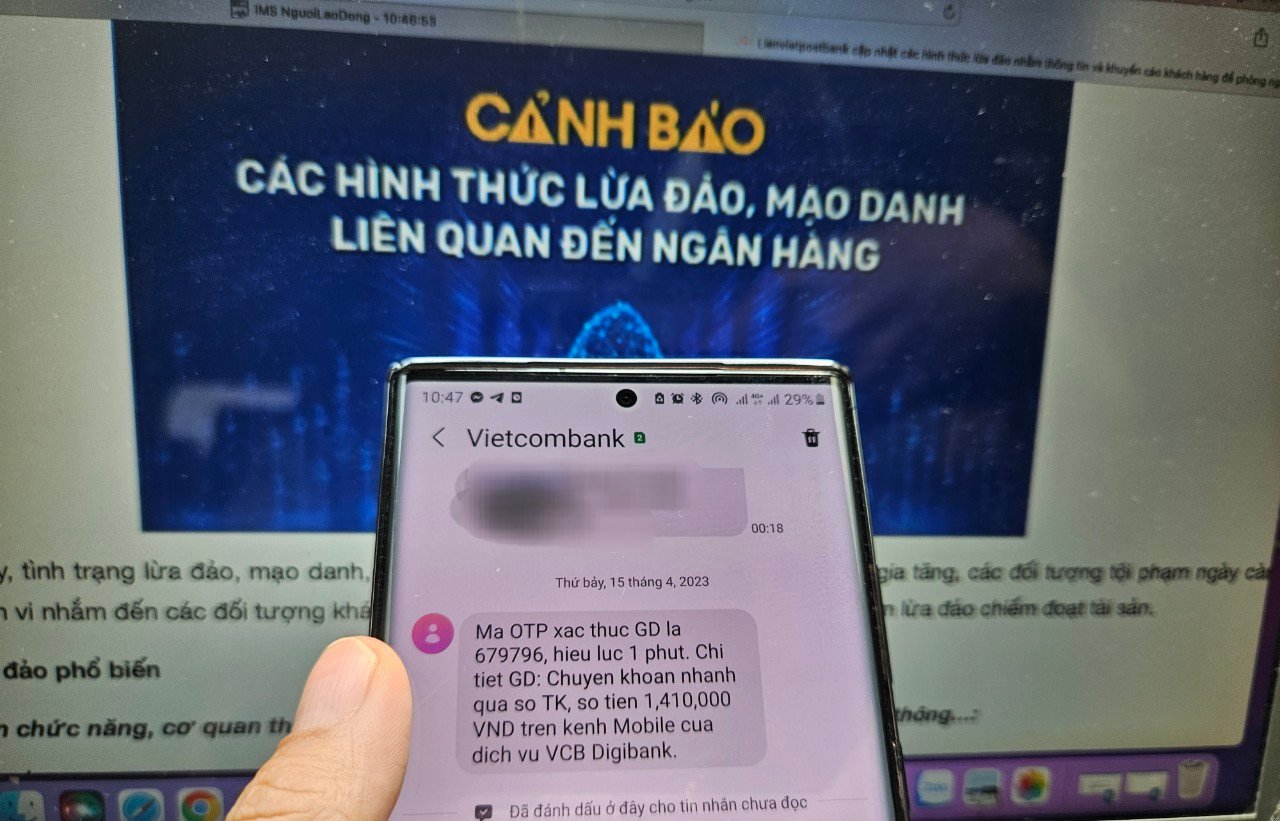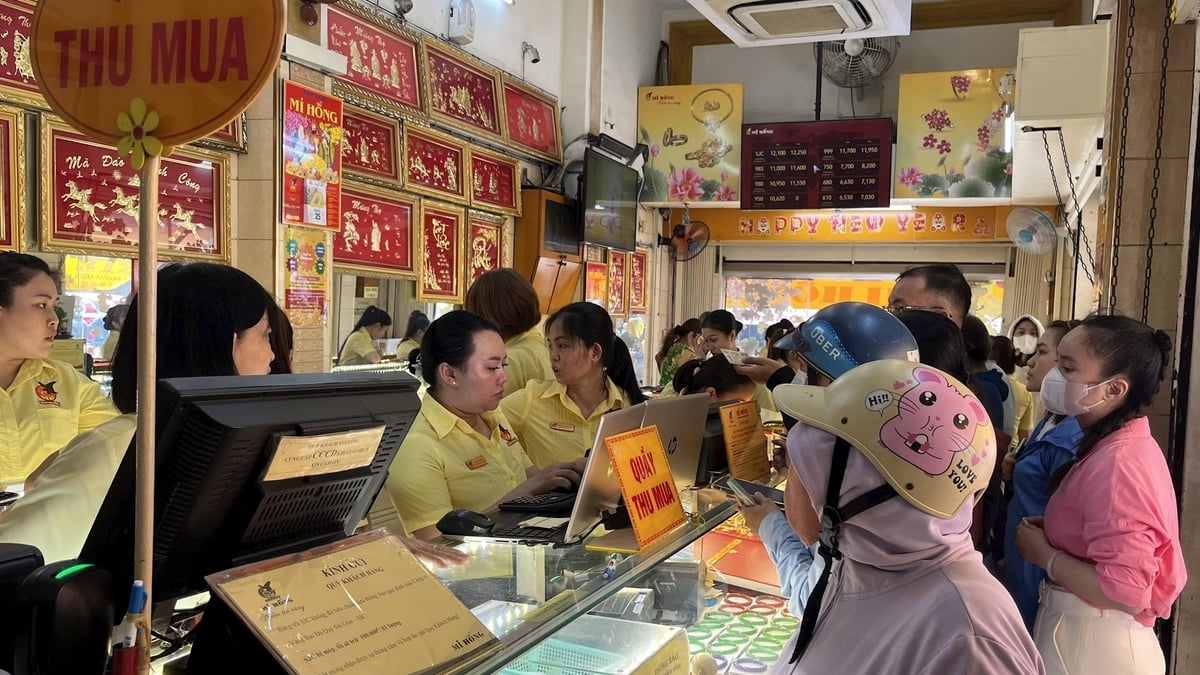Lien Viet Post Joint Stock Commercial Bank (Lienvietpostbank) said that recently, the situation of fraud, impersonation, and forgery of bank messages has tended to increase. Criminals have increasingly sophisticated tricks to target customers using bank services to defraud and appropriate assets.
Notably, recently there has been a trick of scammers impersonating customers' relatives and friends and using AI (artificial intelligence) technology to commit fraud.
According to Lienvietpostbank, the scammer collects customer information, then creates a social network account (Facebook, Zalo...) with a profile picture, account name, and background image similar to the person being impersonated, then asks a person with a similar name to open a bank account that matches the person being impersonated.
After making friends with people in the contact list (supposedly data purchased from a third party), the impersonator will text, use AI technology to fake a video call - call to ask for a loan with the reason of needing urgent work, needing money for medical treatment... Then, the impersonator sends an account number with the exact account owner name of the person being impersonated, causing many people to trust and transfer money to that account.

Banks continue to warn of new scams
This new scam trick causes many people to lose money because the video call shows the same avatar and background as their friends and relatives.
Previously, a series of other scams such as impersonating authorities, tax authorities; impersonating bank officers, employees, bank switchboards... were also warned by Vietcombank, Agribank, VietinBank, Sacombank, ACB , BIDV, VPBank.
Another warning recently recommended by security and banking experts is to limit the use of public wifi, especially wifi without a password, for banking transactions, money transfers, payments, etc.
Security expert Ngo Minh Hieu (Hieu PC) - founder of the Anti-Fraud Project, analyzed: Using public wifi poses many risks to security and personal information safety. Because hackers can set up fake wifi networks with the same or similar names as legitimate public wifi networks. When users connect to this fake network, hackers can control network activities and steal users' personal information.
In addition, connecting to public wifi also has many other potential risks, specifically:
- Unencrypted traffic: If a public wifi network does not use encryption, hackers can easily monitor and intercept traffic between a user's device and the wifi access point, thereby stealing personal information and important data.
- Malware: Hackers can take advantage of public wifi to inject malware such as viruses, ransomware or spyware into users' devices.
- Lack of security of other devices: When connecting to public wifi, users can also come into contact with other devices connected to the same network, not all of which are fully protected...
To protect personal information and important data, users are advised to limit the use of public wifi. If using public wifi is unavoidable, consider using a VPN (Virtual Private Network) to encrypt traffic and protect personal information.
"For QR code scanning for payment, you should only scan at reputable stores to avoid the risk of being tricked into downloading malicious files and links. When paying, if you need to enter a pin code and password, you should cover your hand to avoid being accidentally or intentionally recorded by the camera, to prevent criminals from using it for bad purposes" - Hieu PC recommends.
Banks emphasize that customers should absolutely not provide personal information, passwords, OTP codes... to anyone, for any reason; be careful and check carefully for strange calls, messages or emails inviting to participate in events, winning announcements...
Source


































































































Comment (0)